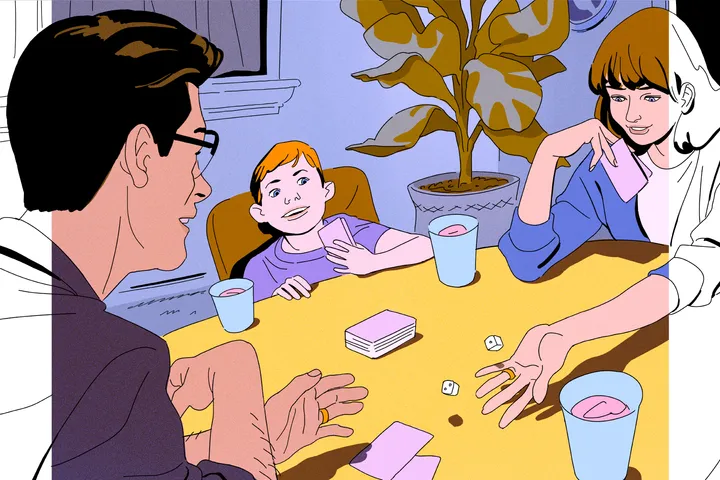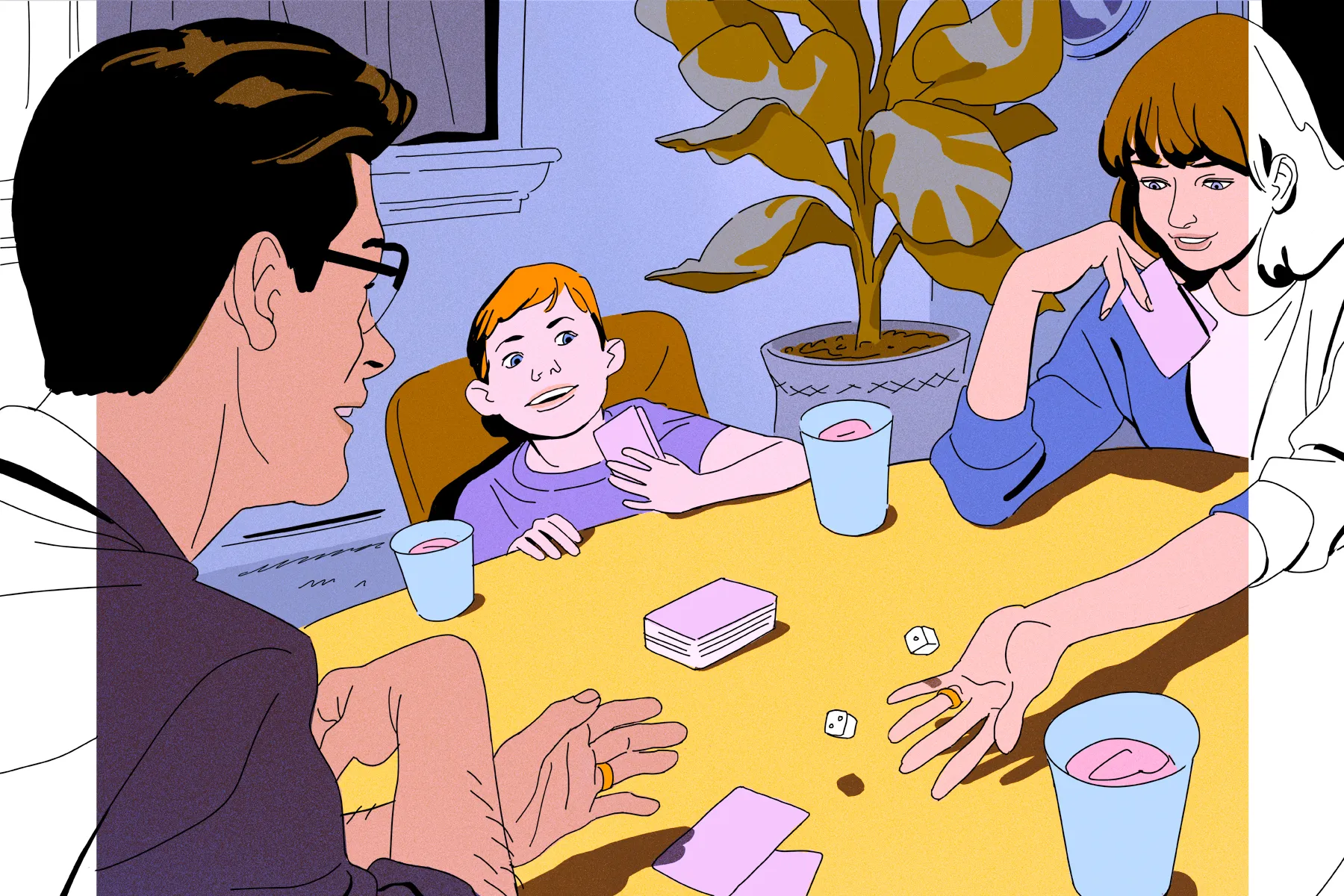
I’m never quite sure how to think about ivy—and apparently I’m not alone.
My first reaction to this photo of Dr. Stanley’s was a waft of nostalgia about my college days. I attended Brown University, which is one of the eight schools known as the Ivy League. There’s some debate about the nickname’s origin, but whether it derived from those institutions’ stately vine-covered buildings or the Roman numeral “IV,” (signifying the four schools that originally competed in sports), the leafy walls certainly added much-loved ambiance.
Sentimentality, however, doesn’t always win the day. About 10 years after I graduated, a number of these universities went through the costly process of removing the relentless vines instead of continually tending to the surfaces they eroded. (The New York Times reported that Harvard had spent “$50,000 annually just to cut the ivy away from window sills, which are most susceptible to damage.”) While some experts say intact masonry isn’t at risk, the wood and aging mortar on many campus buildings give creeping roots an easy toehold—allowing cracks to worsen and moisture to take a toll.
Other scientists have a more favorable view. Researchers from Oxford University—whose ivy-clad edifices are part of its prestigious image—concluded the vine “acted as a thermal blanket,” significantly warming walls in winter (by 15%) and cooling them in hot months (36%). What’s more, “ivy was also found to absorb … harmful pollutants.” Yet I myself have experienced how invasive the vine can be, even as a houseplant: An English ivy once grew into my kitchen wall, requiring cosmetic measures for my security deposit to be returned.
It is impossible, in the moment, to evaluate whether a trial (or a triumph, for that matter) will ultimately prove positive or negative. It’s only with the blessing of retrospect that I’ve realized some wins had a disappointing downside while times of greatest growth emanated from my most arduous experiences of loss and pain.
So, what’s the verdict: Is ivy a plus or a minus? Helpful or harmful? It’s a tough call. And no one but the Creator of ivy, who knows every implication and eventuality, could tell you the full story. In fact, I’m struck by how much of life is like that—how impossible it is, in the moment, to evaluate whether a trial (or a triumph, for that matter) will ultimately prove positive or negative.
It’s only with the blessing of retrospect that I’ve realized some wins had a disappointing downside while times of greatest growth emanated from my most arduous experiences of loss and pain. I suspect this rings true for you as well.
Someone else who’d almost certainly nod in agreement is Joseph, son of the patriarch Jacob. From a human perspective, there was nothing positive about being betrayed by family, sold into slavery, and wrongfully imprisoned. But once Joseph understood God’s good purpose in those 13 nightmarish years, he was able to tell his brothers—without animosity—"As for you, you meant evil against me, but God meant it for good in order to bring about this present result, to keep many people alive” (Gen. 50:20).
Undoubtedly, adversity will again come my way (and yours). When that happens, instead of lingering on how calamitous it seems, I hope we’ll remember that God’s thoughts are not our thoughts (Isa. 55:8-9). And His are spot on.





